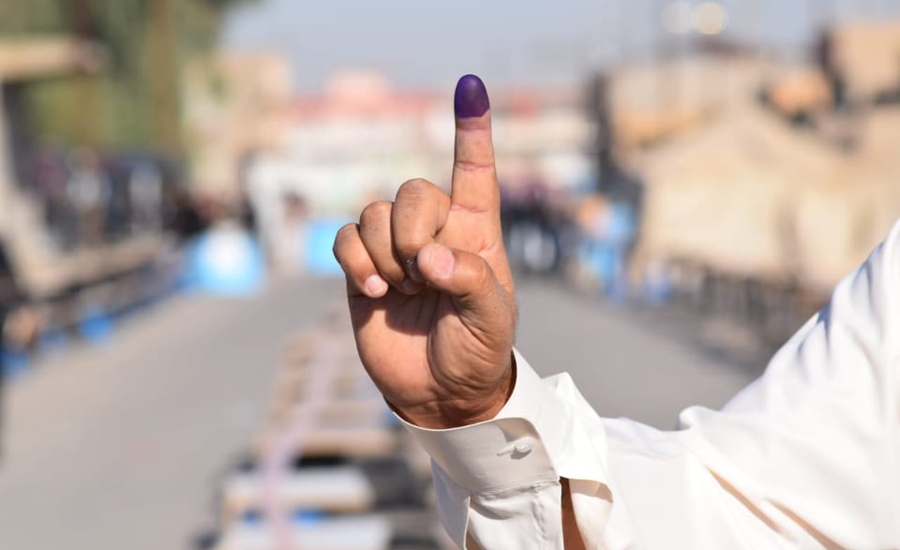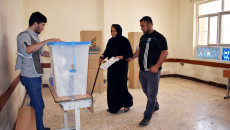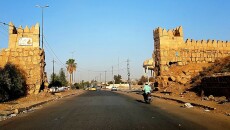Candidates of the minorities in Iraq compete for only 10 seats out of a total of 285 seats in the Iraqi provincial councils in 15 provinces excluding the Iraqi Kurdistan Region IKR.
The total number of seats in the councils of 15 governorates in Iraq, with the exception of the IKR, is 285 seats, 10 of which were allocated according to the quota system for each of the Christians, the Sabean Mandaeans, the Faili Kurds, the Ezidis (Yazidis) and the Shabaks according to the election law, that is, making less than 4% of the total seats in the provincial councils.
The 10 quota seats, according to statistics from the Independent High Electoral Commission IHEC, are being contested by 48 candidates, including 16 candidates from the Christian component.
The lion's share goes to the Christian component, with four seats in four governorates, with one seat allocated in each of the Provincial Councils of Baghdad (52 seats), Nineveh (29 seats), the oil-rich city of (16 seats) and southern Basra (23 seats).
The Christian component is the second largest religion in Iraq after Islam. It is a religion approved in the constitution, and their language is Syriac. Christians have five quota seats in the Iraqi Parliament.
When the "Islamic State of Iraq and the Levant - ISIL" imposed its control over Sinjar and other areas in Nineveh in 2014, Christians were faced with three options: convert to Islam, pay a tax, or leave their areas without any belongings, so most of them chose to flee.
Last year, the High Commission for Human Rights in Iraq published statistics indicating that the number of Christians had dropped to 250,000 people, the vast majority live in the IKR, at a time when the number of Christians in Iraq before 2003 was estimated at 1.5 million.
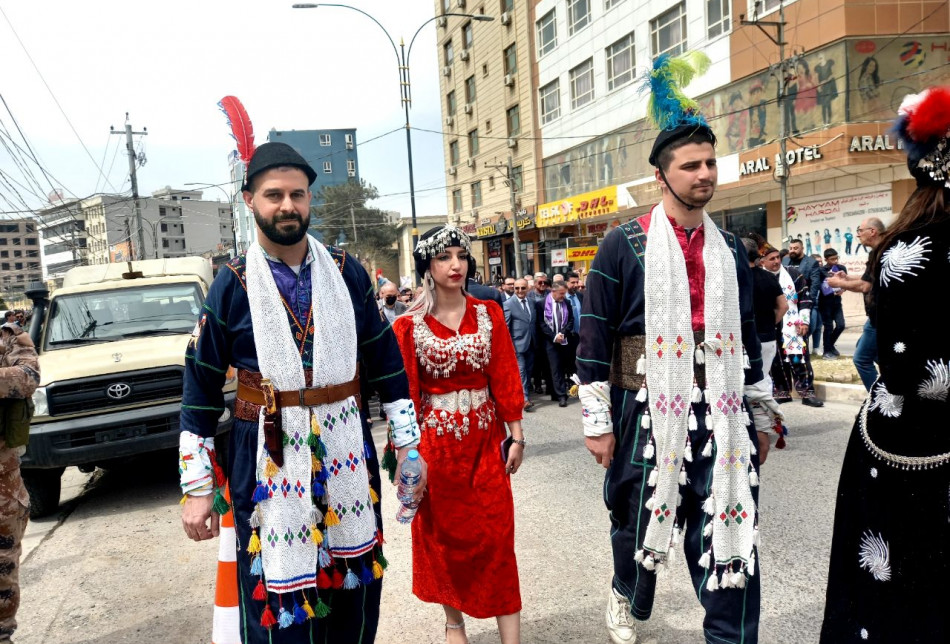
Christians celebrate Akitu, the Babylonian New Year, wearing traditional clothing, Dohuk, April 1, 2022. Ammar Aziz
The Sabian-Mandaeans have two quota seats, one in the Baghdad Governorate Council and the other in Maysan Governorate (14 seats). 10 candidates from the Sabian-Mandaean component will compete to win the two seats.
The Sabian-Mandaean had a single quota seat in the Baghdad Provincial Council, and in 2010 they were allocated a seat in the Iraqi parliament for the first time.
There are no accurate figures regarding the number of members of the sect in Iraq due to lack of official statistics. But their numbers are currently estimated at between 15,000 to 20,000 individuals, while their numbers before 2003 were estimated at 75,000 to 100,000 according to the figures of the sect’s leadership, KirkukNow obtained earlier.
The Mandaean religion is one of the oldest known religions in Mesopotamia, especially in the city of Ur in southern Iraq and the areas surrounding rivers and marshes. Its followers have their own special rituals.
Most of the Sabean Mandaeans are spread in the governorates of Baghdad and Maysan, in addition to other regions such as Basra, Dhi Qar, Kirkuk and the IKR.
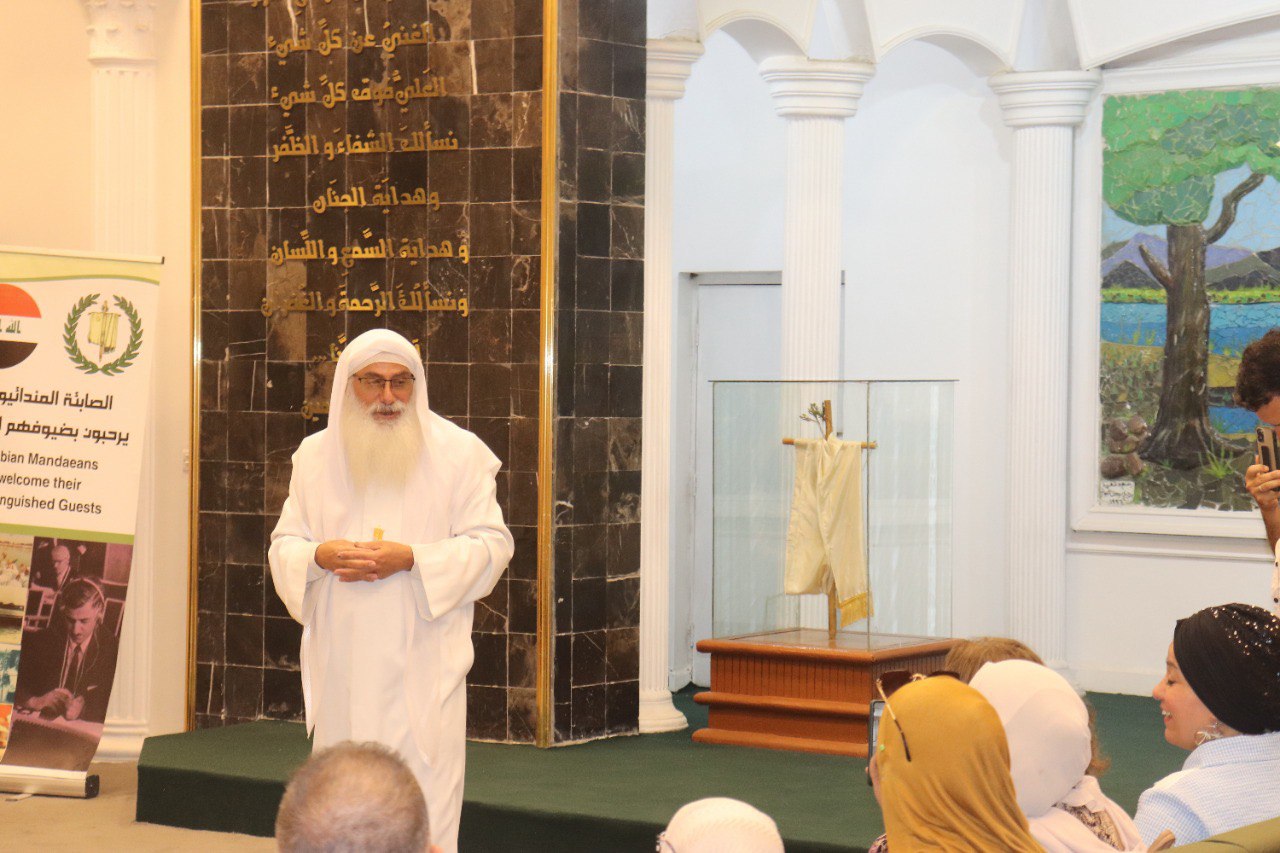
Like the Sabians, the Faili Kurds have two quota seats in two governorates, one in the Baghdad Provincial Council and the other in the Wasit Provincial Council (15 seats).
The component has the second largest number of candidate, according to IHEC, 13 candidates.
The Faili Kurds were previously allocated a quota seat in the Baghdad and Wasit governorates, as well as a quota seat in the House of Representatives.
The number of Faili Kurds in Iraq is estimated at more than 800,000, most of whom live in the governorates of Diyala, Baghdad, Wasit, and Kirkuk.
During the rule of the Baath regime in Iraq, the Faili Kurds were subjected to campaigns of displacement and deprives of Iraqi nationality for being Kurds and Shiites at the same time. In 2010, the Supreme Criminal Court in Iraq considered the crimes to which the Faili Kurds were subjected to crimes of genocide.
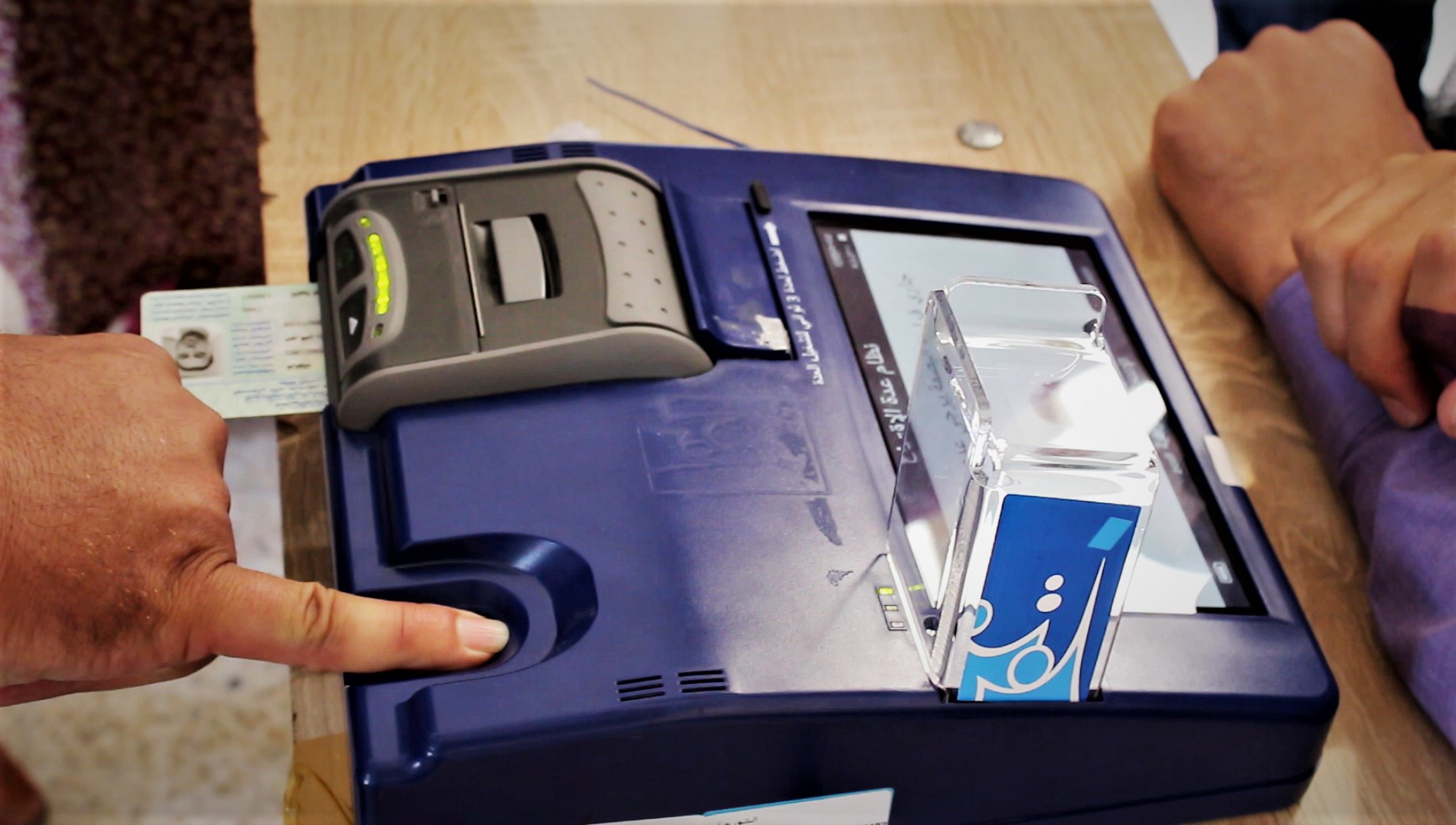
The Ezidis have a single quota seat throughout Iraq within the Nineveh Provincial Council, and four candidates are competing for it, but they have 25 other candidates within the framework of lists and alliances competing for the other seats.
The Ezidi component had eight seats in the former Nineveh Provincial Council within the framework of various lists and alliances, one of which was a quota seat, and a quota seat was also allocated to them in the Iraqi parliament.
The number of Yazidis in Iraq was estimated at about 550,000 people, 360,000 of whom were displaced, while 100,000 others migrated outside the country, according to statistics announced by the General Directorate of Yazidi Affairs in the Kurdistan Regional Government KRG.
Despite the recapture of Sinjar from ISIS since November 2015, Ezidis still constitute 30% of the total of 600,000 internally displaced person IDP living in the IKR, and according to the election system, they will be able to cast their votes for their electoral district inside or outside the camps.
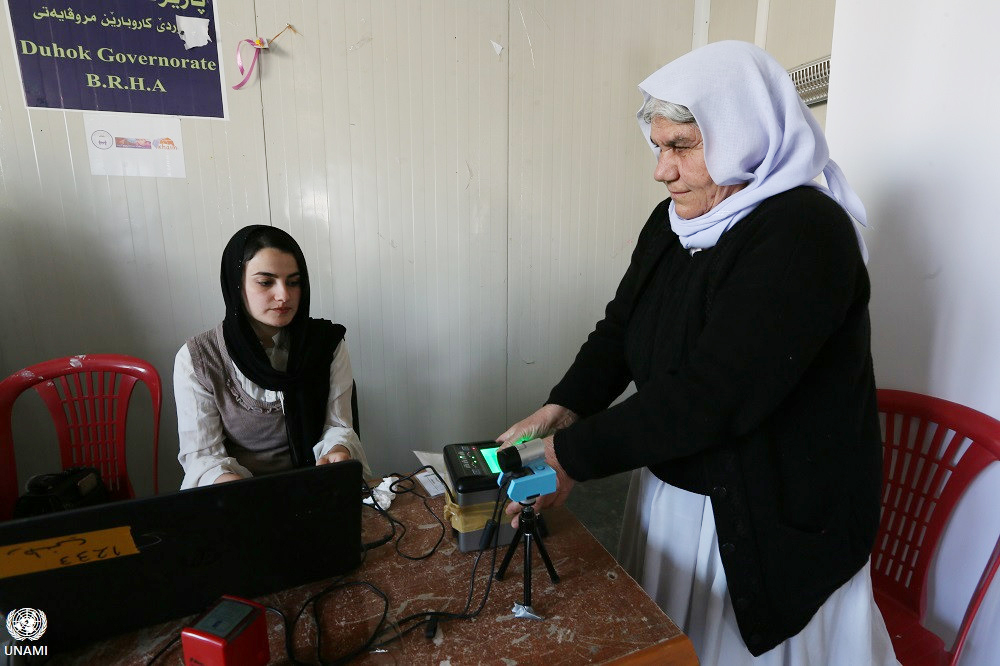
The Shabak in Iraq have a single quota seat in the Nineveh Provincial Council, with five candidates competing to win it. One quota seat in the Iraqi parliament have been allocated for them.
Official statistics indicate that the number of Shabaks ranges between 300,000-350,000 people in Iraq, 60% of them follow the Shia sect and the rest to the Sunni sect. Most Shabak citizens live in the areas of Bashiqa, Bartella, Al-Hamdaniya, Tel Kayf, a number of neighborhoods in the city of Mosul, center of Nineveh province and some villages in the Nineveh Plain.
No seat was allocated for the Kaka'i, Baha'i, and Armenian components in the provincial councils, but the Kaka'is have a single seat in the Halabja Provincial Council, which has not yet been formed as lately the Iraqi government recognized Halabja, a district of Sulaymaniyah province, as an independent province.
Despite being deprived of quota seats, eight Kakai candidates within multiple lists and alliances are looking forward to winning seats in the provincial councils of Kirkuk, Nineveh and Diyala.
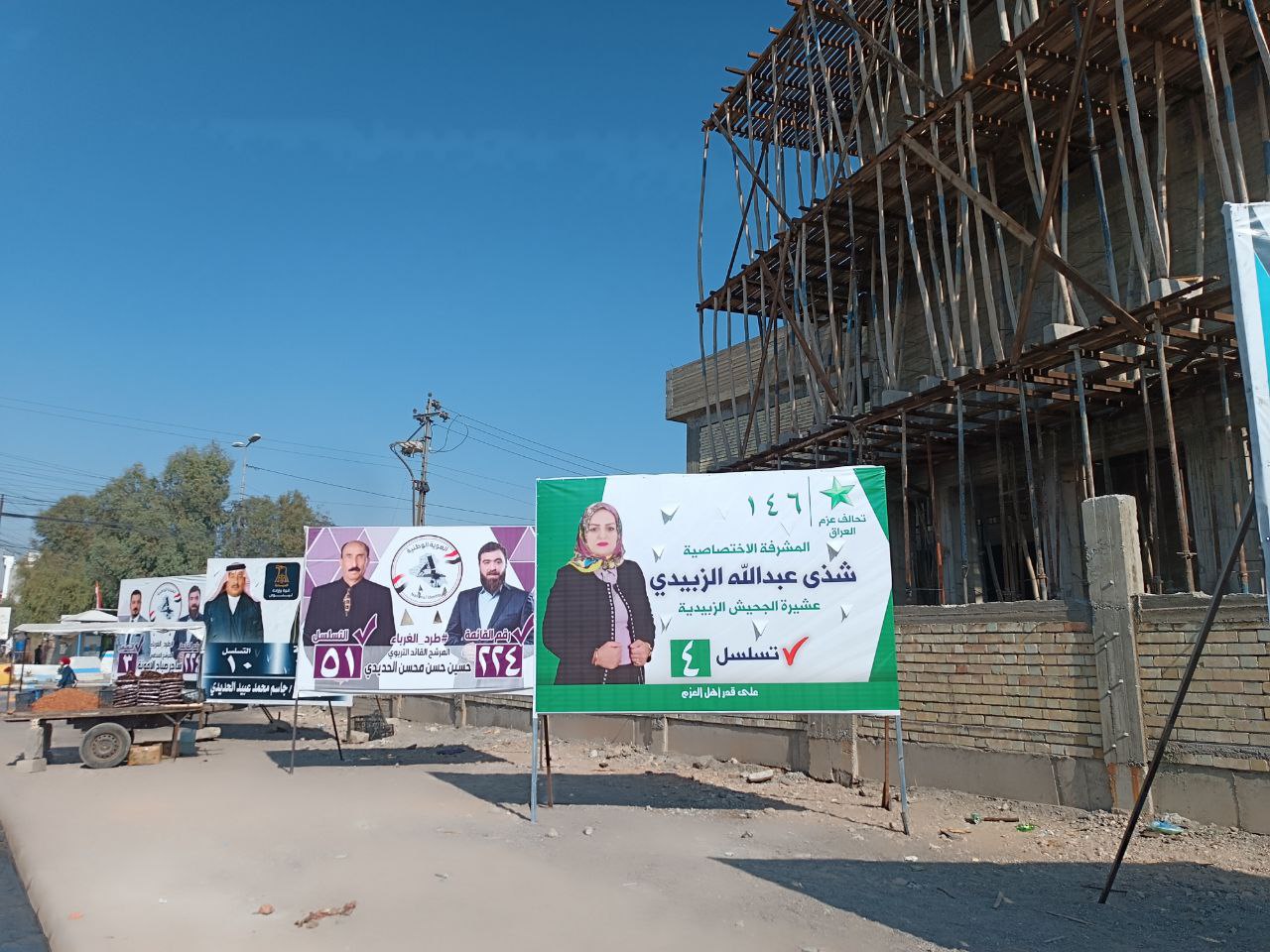
The Kaka'is live in various areas of the Kurdistan Region and Iraq. The Kaka'is are present in Kirkuk, Nineveh, Halabja, Erbil, Khanaqin and some other areas in Diyala. According to unofficial statistics, their number is estimated at about 100,000 people.
The Kaka'is have religious shrines in Kirkuk, Nineveh and Halabja, but their religion has not been officially recognized in the Iraqi constitution.
In the Iraqi provincial council elections, excluding the IKR, the records of more than 16 million citizens who will be entitled to vote according to the biometric voter card were updated to elect 285 members for the councils of 15 provinces.

